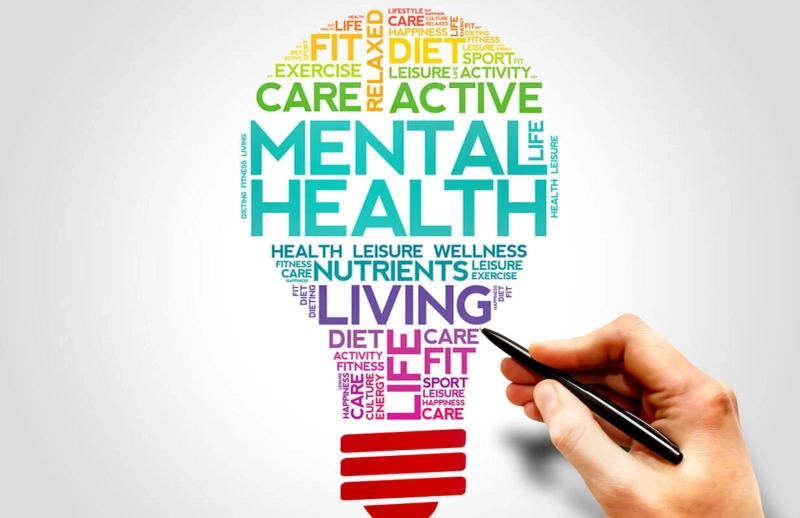People with mental health problems or disorders can often have trouble doing things like staying in their jobs, getting married, and having children. Just like physical illness, they can go to a doctor and get medicine or support to help them recover.
However, not everyone who needs mental health care gets it. They may avoid treatment or even hide their problems because they think it’s taboo, or they might not know how to ask for help.
1. Get help
While mental health conditions don’t always get noticed immediately, if you experience symptoms like depression, anxiety or stress that are making it hard to work, sleep or function in daily life, it’s important to seek help. Getting treatment can improve your life by giving you the support you need to get through it and improving your overall well-being.
It’s also important to speak up about your experiences with mental illness and reduce stigma by speaking out publicly. This can be done by writing a letter to the editor, forwarding a social media post or volunteering with a mental health nonprofit.
Talking to someone is the first step, but people can also benefit from medication and other treatments. They’ll learn new ways to control symptoms and improve their quality of life. Psychiatric professionals can prescribe medications or recommend talk therapy and other mental health services, such as peer support groups.
2. Know your symptoms
Mental health needs can be hard to recognize. However, if you are feeling like you aren't coping or that your symptoms are getting worse, it may be time to get help.
Mental illness affects 1 in 5 adults every year. Unfortunately, this figure is associated with a strong stigma that can prevent treatment for many people.
Thankfully, mental illness is more widely accepted as a serious medical issue today. If you are concerned about someone you know, talk to them and learn how to spot common early warning signs.
3. Talk to someone
People who are struggling with mental health needs should be able to talk to family members, friends or other trusted people about their feelings and experiences. This is just as important as talking about physical health issues, like a sprained wrist or a broken leg.
Having open discussions about mental health helps remove the stigma and encourages more people to discuss their struggles with mental illness. It also promotes public advocacy – speaking to organizations, school classes or other groups about the importance of discussing mental health.
This is especially important for youth who often have to deal with the shame that comes with being labeled as mentally ill. When you speak up about your own experience with a mental health condition, it can help others recognize symptoms and seek treatment for themselves.
4. Stay active
We all know that exercise is good for our physical health and can be a great way to boost our moods. It releases feel-good endorphins and improves our levels of neurotransmitters.
But did you know that it’s also a major contributor to a healthy headspace?
Research shows that exercise can help reduce your risk of developing depression and anxiety, boost energy levels, improve sleep and increase confidence.
You can do any kind of exercise, from brisk walking to swimming, cycling or yoga. Just make sure you’re doing the right type for your body and your mental health.
Find a routine that works for you, and make it part of your daily life. This can be a simple as setting an alarm to get up and go for a short walk, or it could be something more elaborate like joining a gym
0


